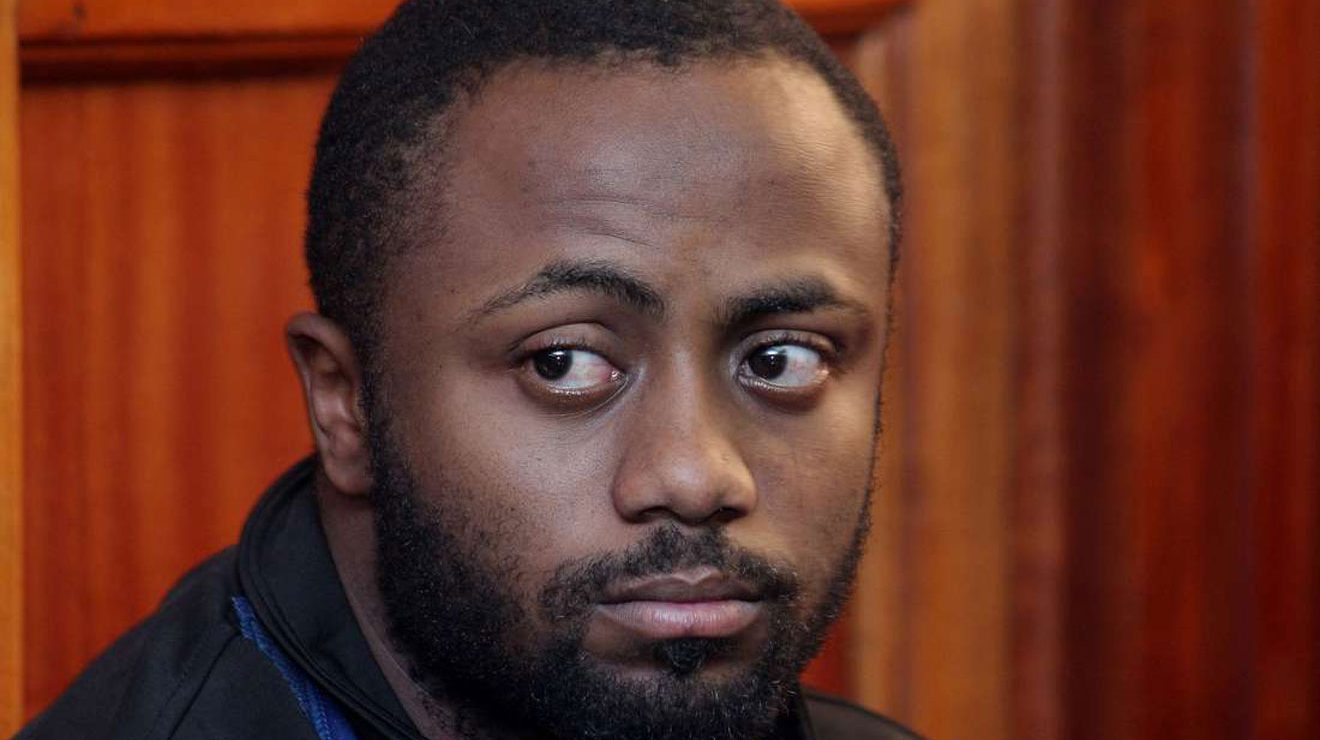- Following her acquittal, Maribe has landed a significant role as the Head of Communications at the Public Service Ministry.
In a case that has gripped the nation, Joseph Irungu, popularly known as Jowie, has been sentenced to death for the murder of businesswoman Monica Kimani. This sentence comes after a detailed and lengthy trial, which showed Jowie guilty beyond reasonable doubt.
The term ‘life sentence’ often confuses many, as it can imply life imprisonment or a sentence that lasts for the convict’s natural life. In Jowie’s case, the court has handed down the ultimate punishment permissible under Kenyan law.
The saga began on the night of September 19, 2018, when Monica Kimani was found brutally murdered in her apartment. Her death sent shockwaves through the country and led to the arrest of Jowie, the then-fiancé of TV presenter Jacque Maribe.
The prosecution painted a picture of premeditated murder, with Jowie using his security expertise to commit the crime.
Maribe’s Acquittal and New Beginnings
Jacque Maribe, co-accused in the case, was acquitted of all charges due to insufficient evidence linking her to the crime.
Following her acquittal, Maribe has landed a significant role as the Head of Communications at the Public Service Ministry. This turn of events marks a new chapter for Maribe, who has endured a prolonged period under the shadow of this high-profile case.
The sentencing of Jowie closes a chapter on one of Kenya’s most talked-about criminal cases. It also raises questions about the death penalty, life imprisonment, and the justice system’s handling of such sensitive matters.
There is a legal debate surrounding the use of the death penalty versus life imprisonment as a form of punishment. The death penalty, being irreversible and final, raises ethical concerns about the possibility of wrongful convictions and the moral implications of state-sanctioned execution.
On the other hand, life imprisonment without parole has been suggested as a less severe yet still profound alternative, offering a form of retribution and public safety without taking a life. However, this, too, is not without controversy, as it raises questions about the potential for rehabilitation and the humaneness of confining someone for life.
The justice system’s handling of such cases is critical, as it must balance the need for fair trials, the rights of the accused, and the demands for justice by society and victims’ families.
As Maribe steps into a new role, the story serves as a reminder of the complexities of law, media, and public perception in the modern age.












